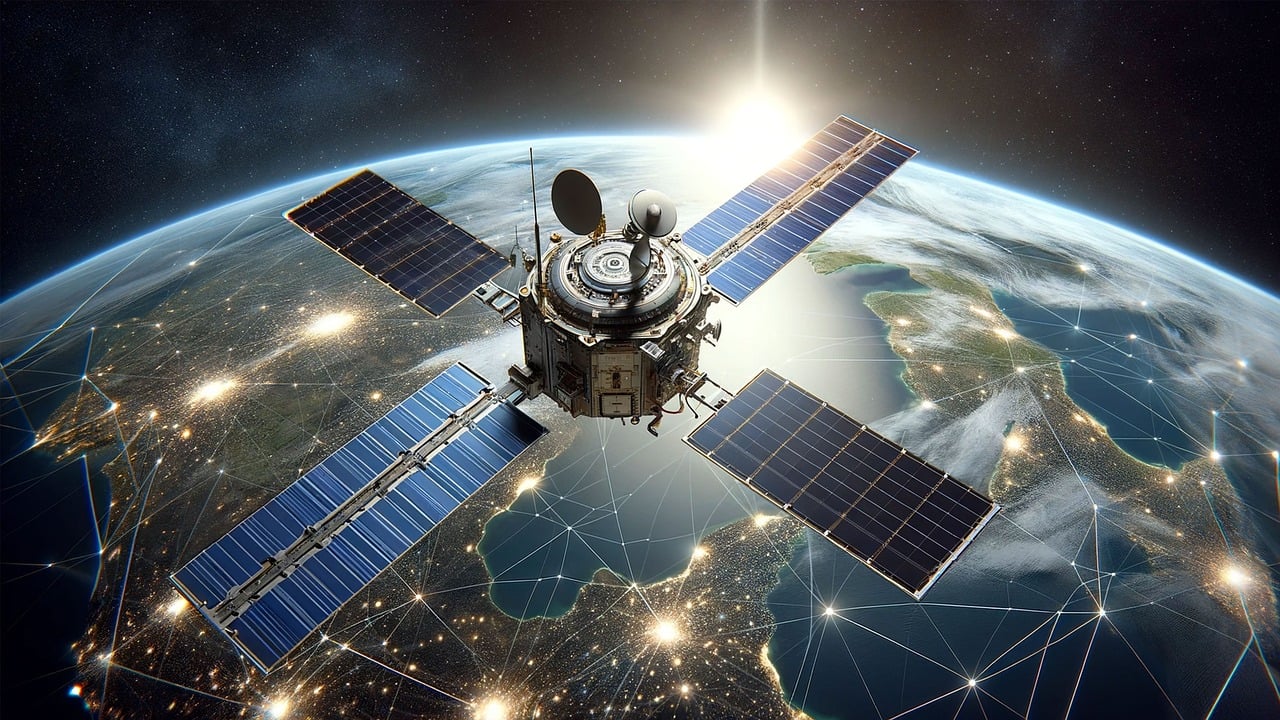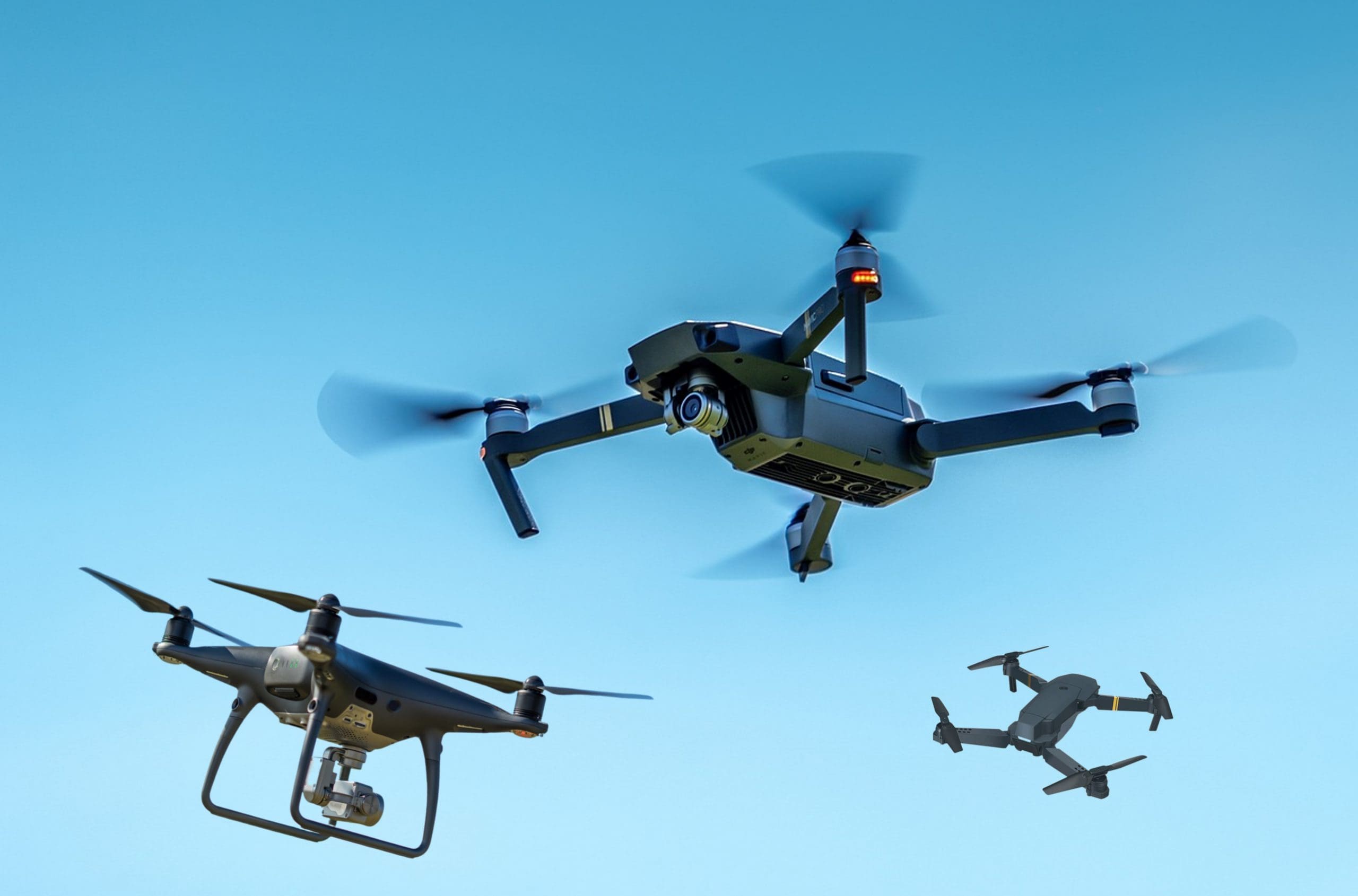This post is also available in:
 עברית (Hebrew)
עברית (Hebrew)
As more autonomy moves to the edge of the internet of things, it’s going to have to be supported by more bandwidth. In 2019, 5G technology came to the world. In 2020, it’s going mainstream. The shift to 5G means increased speeds and lower network latency. However, there are several challenges that will have to be addressed.
To deliver higher performance and lower cost, 5G networks are leveraging technologies that are software-centric, moving from custom hardware to software components running on commercial off-the-shelf (COTS) hardware. But with the increase in software content across 5G deployments comes some challenges since these 5G technology innovations are also expanding the attack surface of the system. While 5G core network functions are making use of a new and different software architecture, common technologies like HTTP and REST APIs that are well known are replacing proprietary interfaces of the past. All of these things increase the potential for cyber security attacks and vulnerabilities, according to militaryaerospace.com.
Space-based communications will play a key role in connecting 5G devices, US Air Force leadership stressed. However, military officials have expressed concern over China winning the race to 5G. “We need to up our game in 5G,” Will Roper, the Air Force’s acquisition head, explained recently.
The global competition over 5G technology has accelerated. The Trump administration is working to isolate China’s Huawei, the world’s largest telecommunications equipment manufacturer, from developing a larger foothold in U.S. partner countries. The administration has specifically worked to keep members of the “five eyes” intelligence-sharing group — the U.S., U.K., Canada, Australia and New Zealand — from working with Huawei.
“5G is as important to the future of the Space Force as it is to the Air Force,” said Lt. Gen. David Thompson, vice commander of the Space Force, told CNBC.com.
Huawei and China’s strong 5G presence is a concern for the military as it could potentially undermine operations. And as the US military will begin to rely more on 5G connectivity, it can’t risk having China involved in building out American infrastructure using Chinese-made tech from the likes of Huawei, according to 5gradar.com.
Interested in learning more about the applications of 5G technologies? Attend i-HLS’s InnoTech Expo in Tel Aviv – Israel’s largest innovation, HLS, and cyber technologies expo – on November 18-19, 2020 at Expo Tel Aviv, Pavilion 2.






















